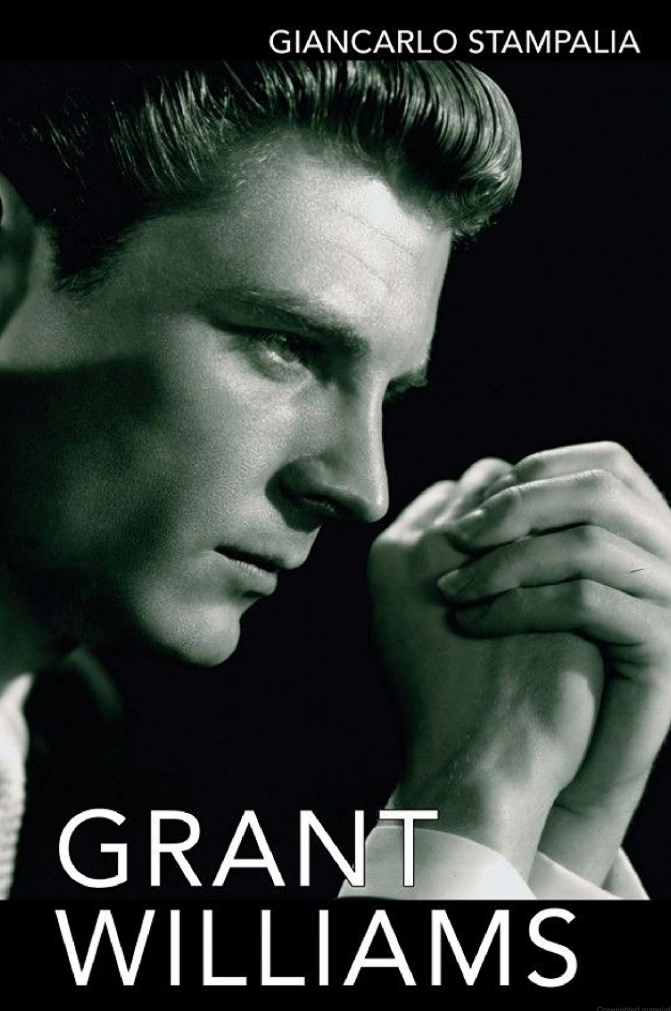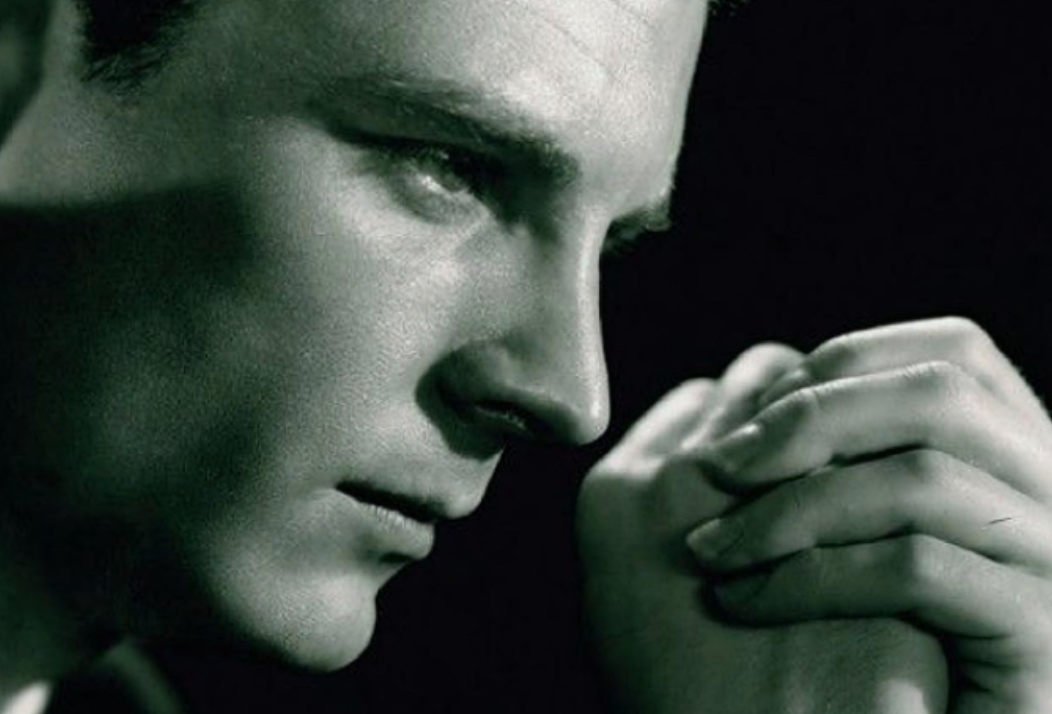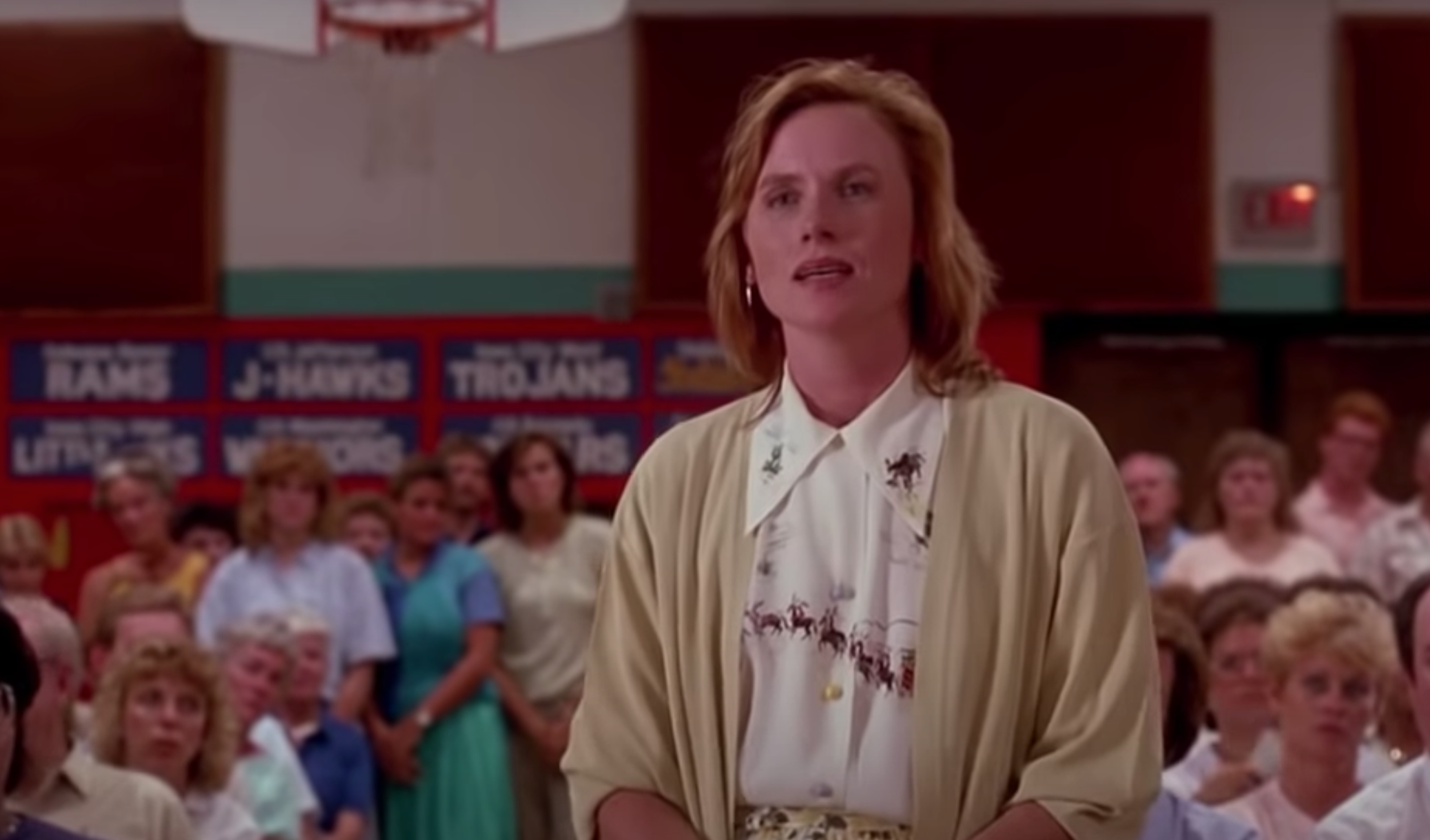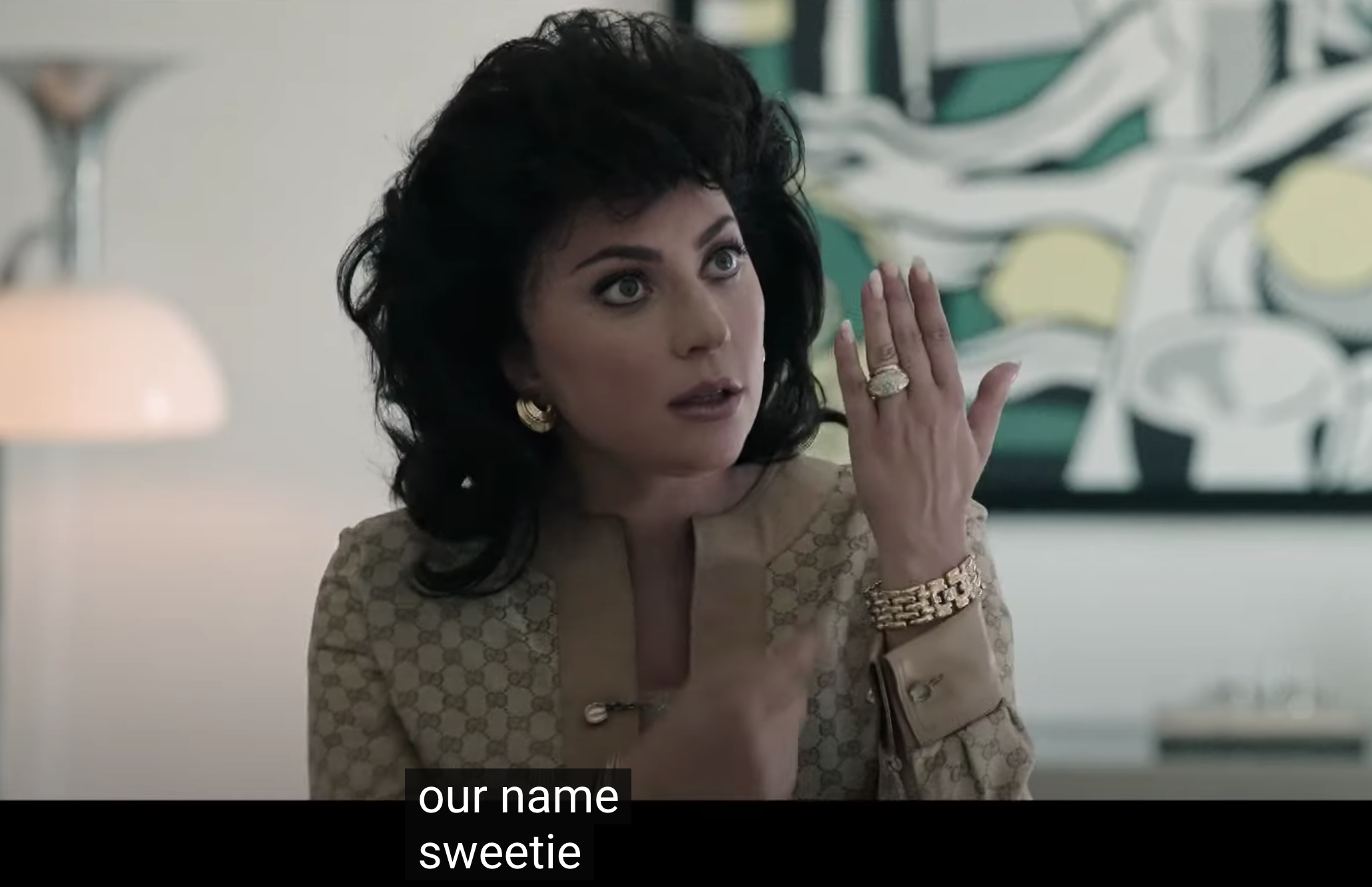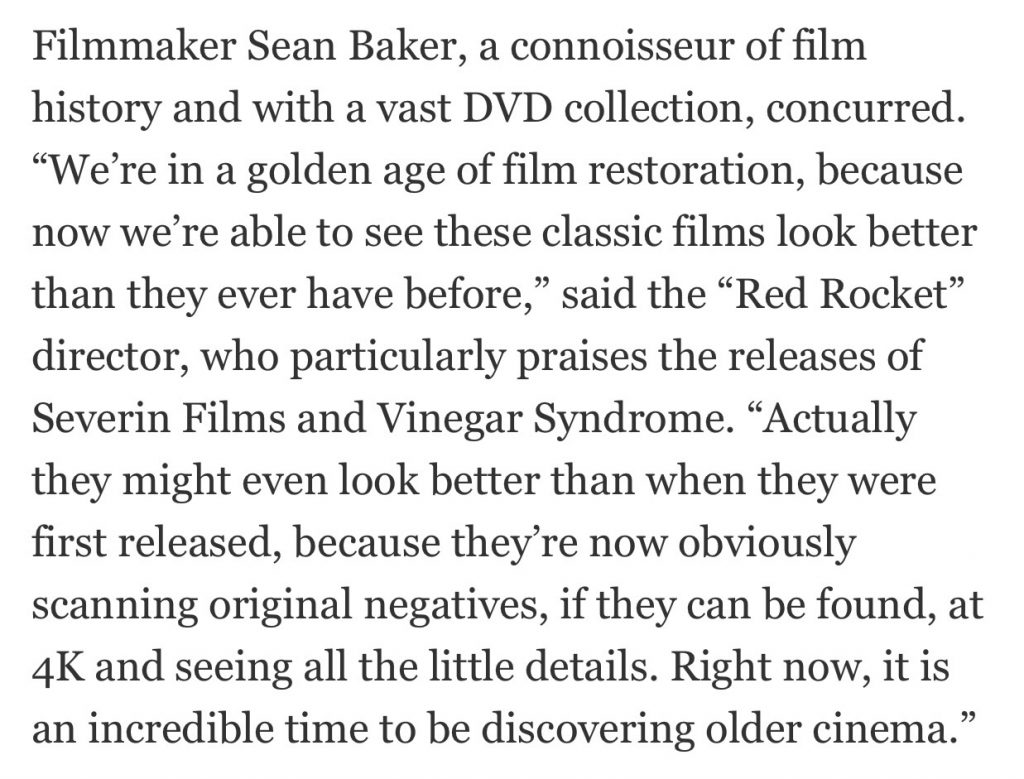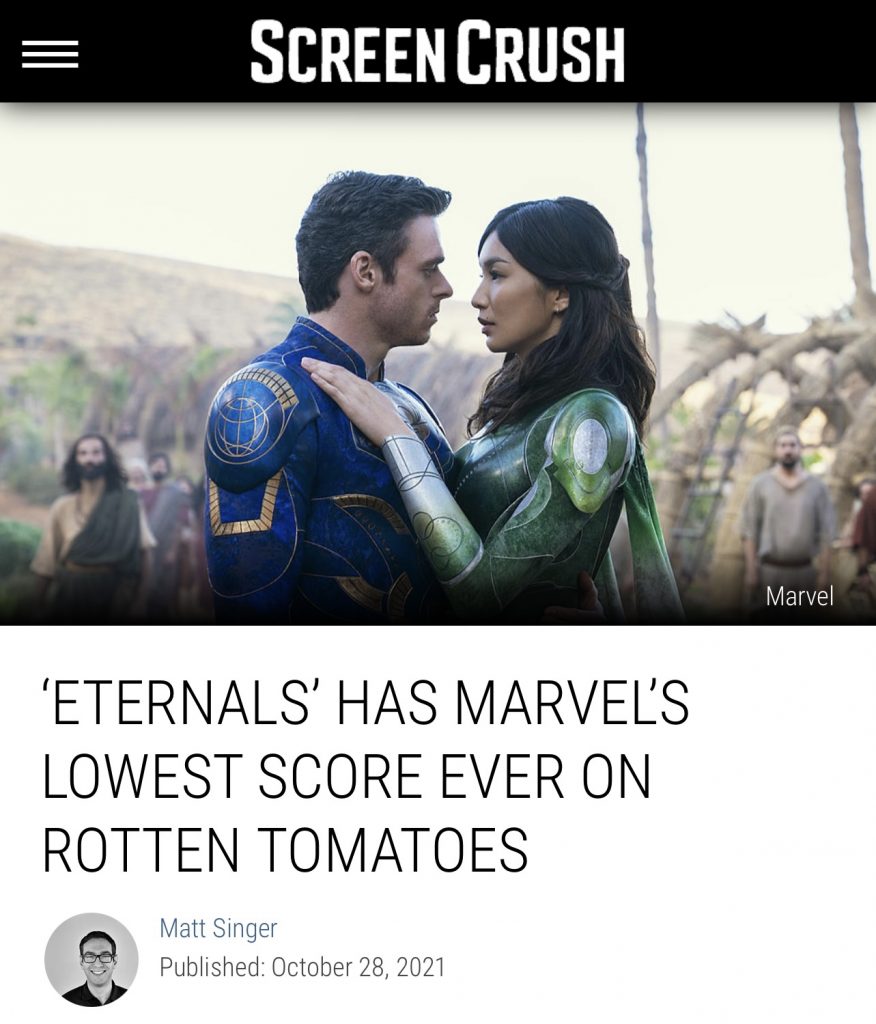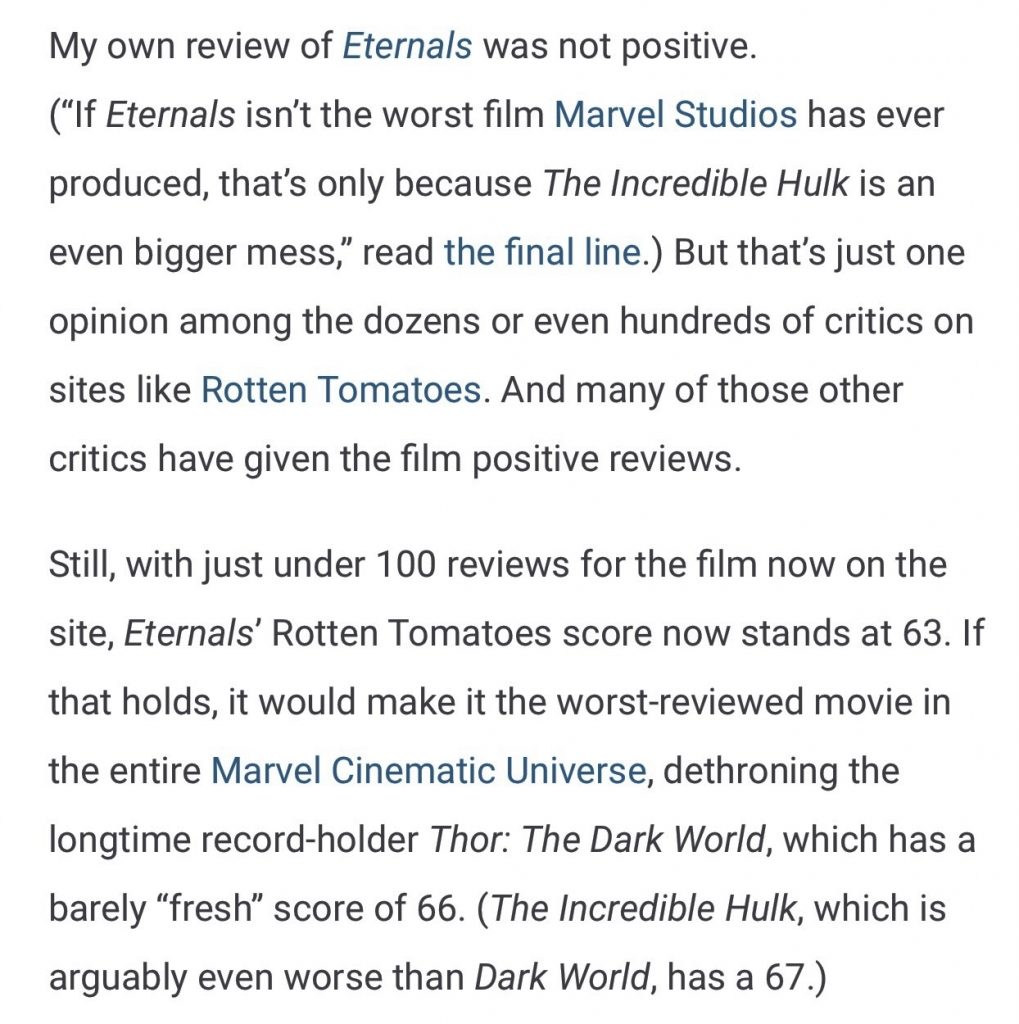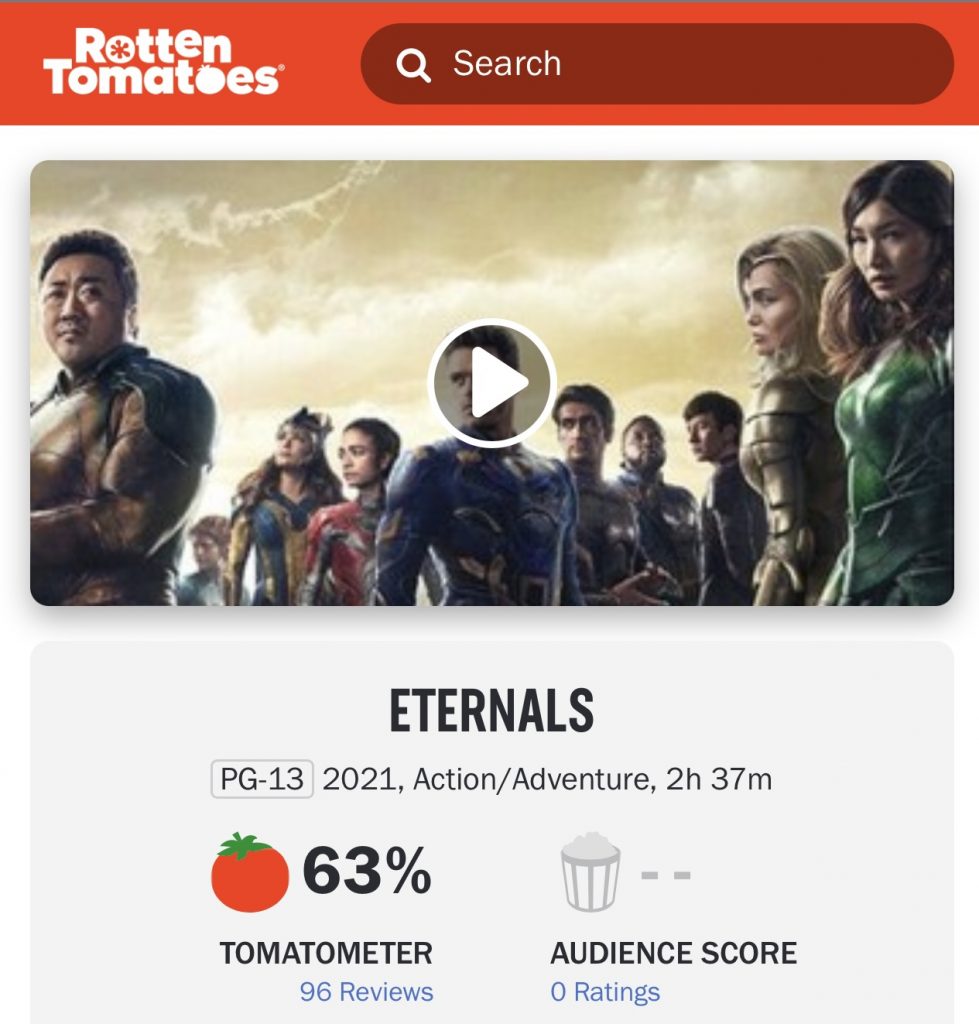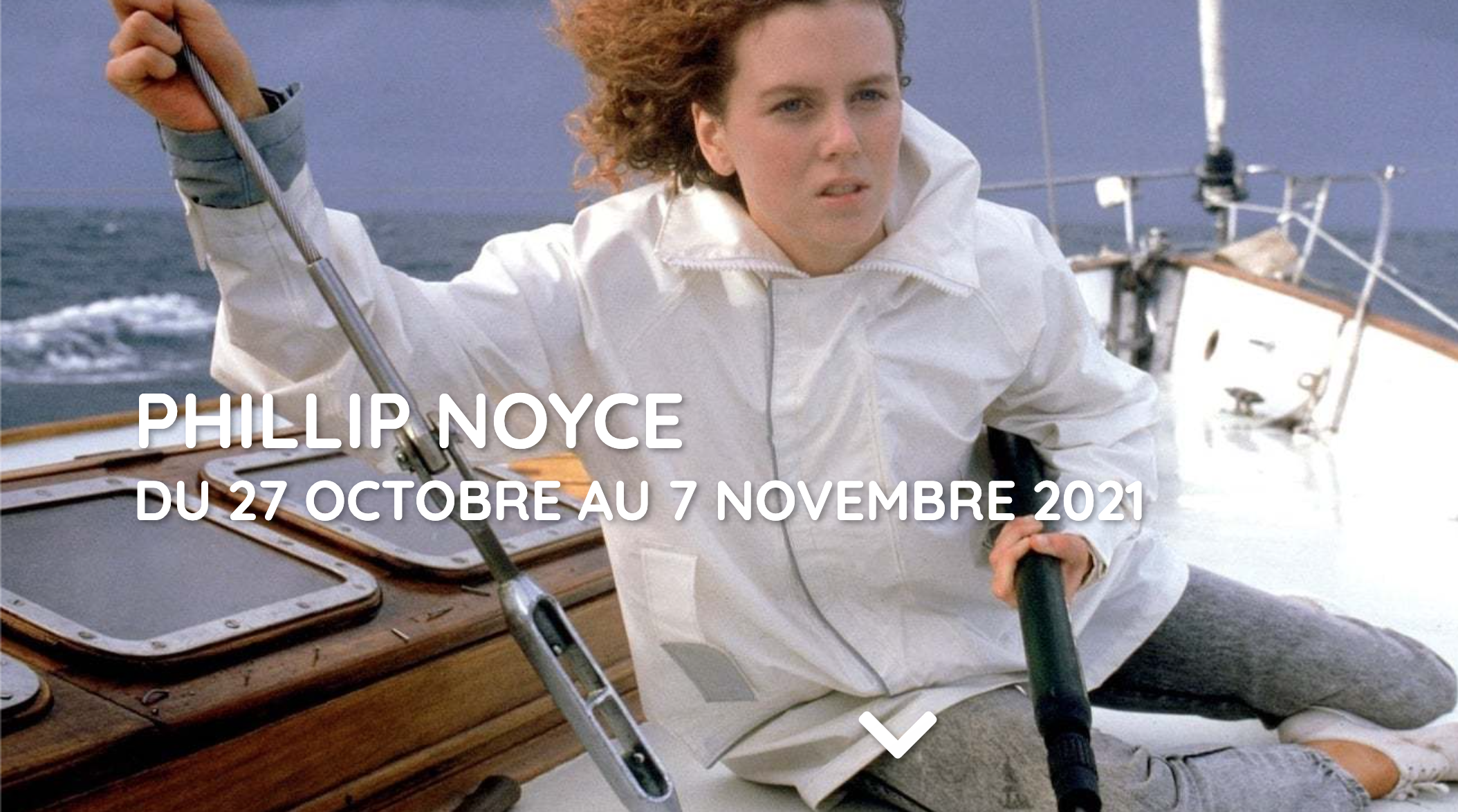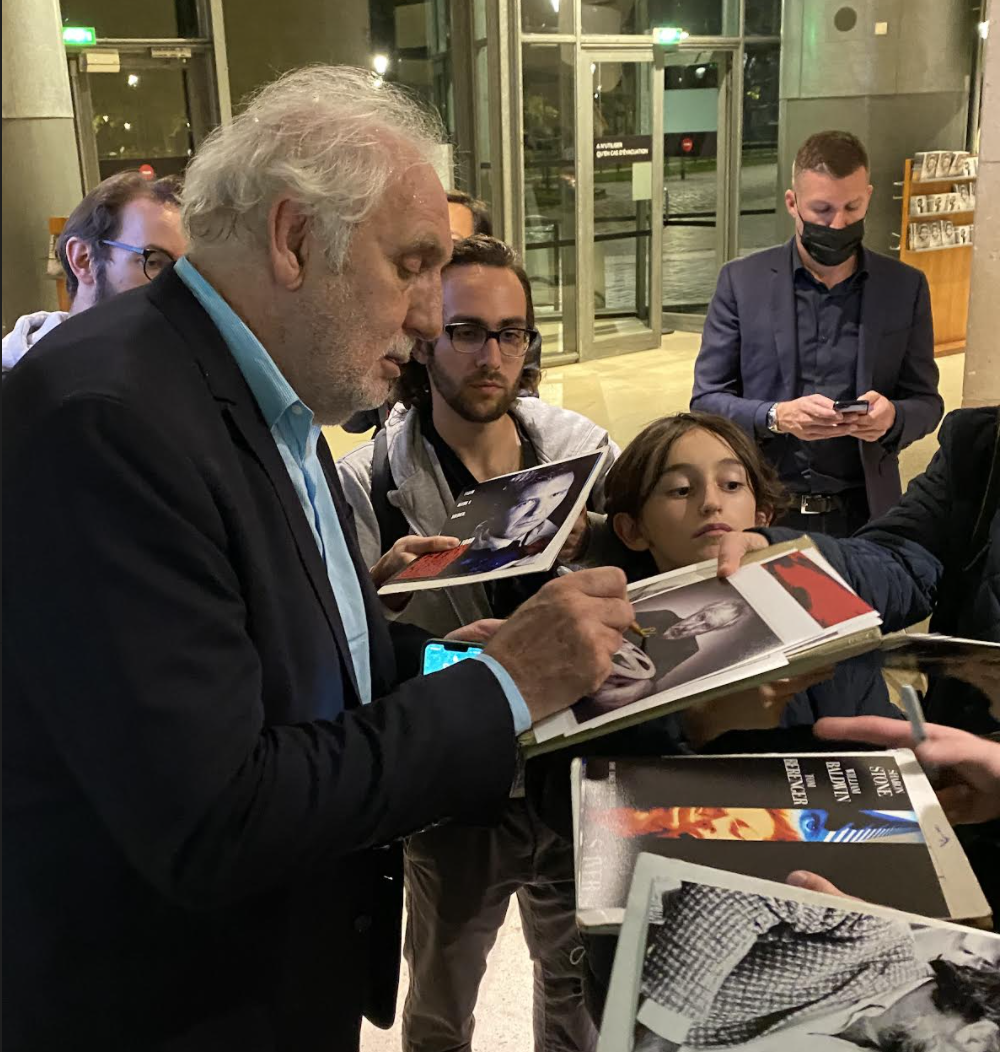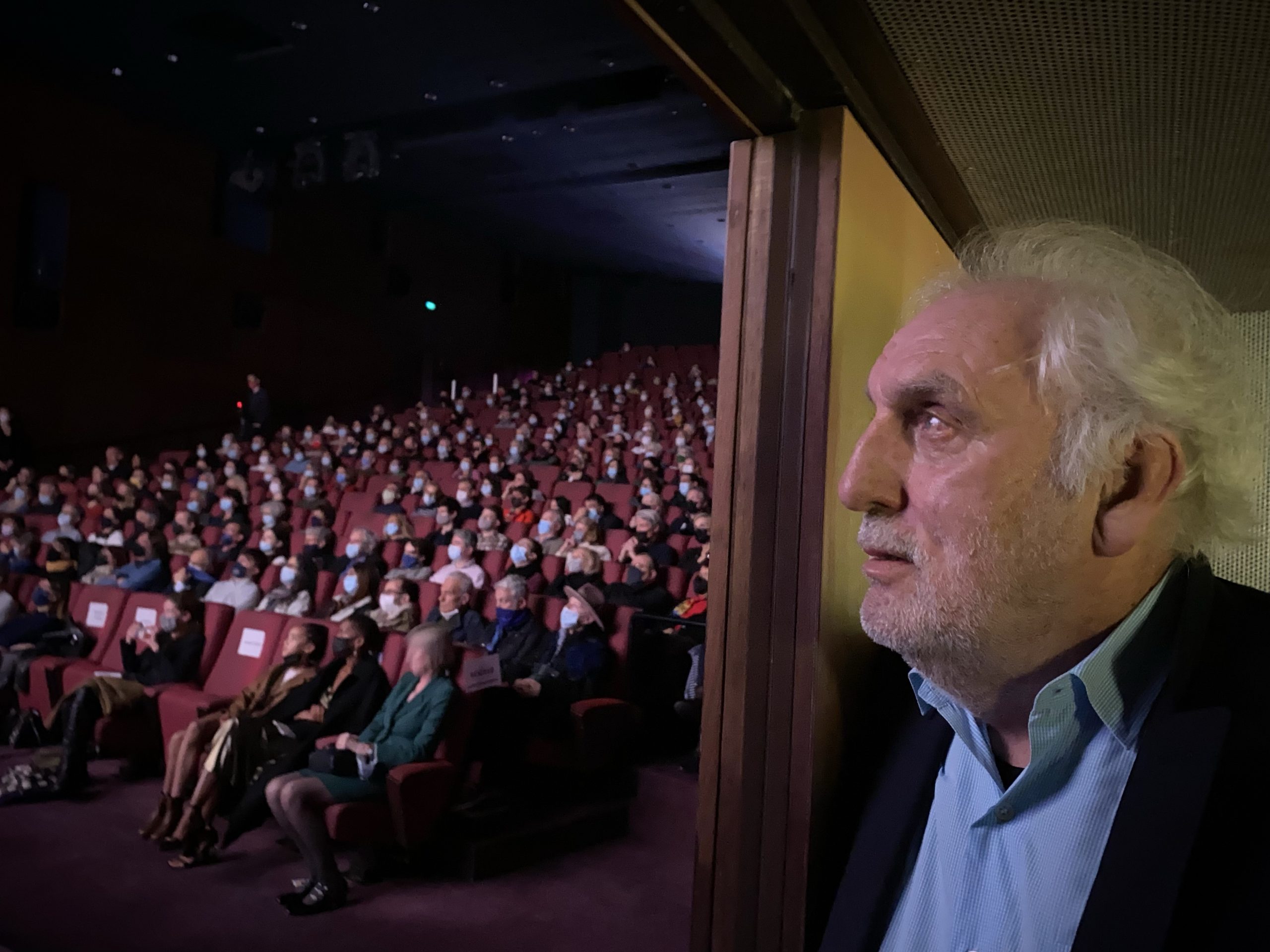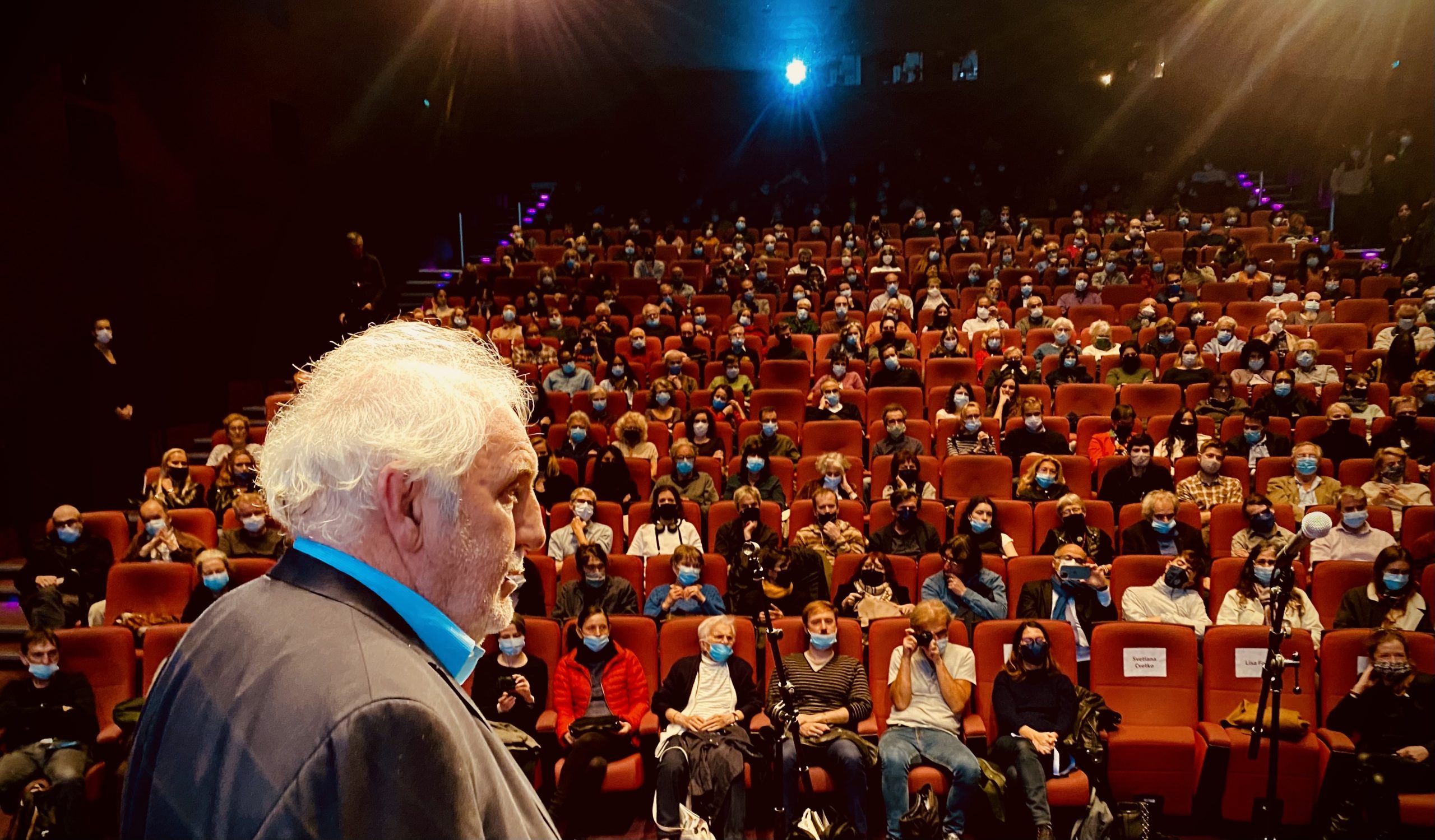I don’t know for a dead cold fact that Grant Williams, star of The Incredible Shrinking Man (’57), was gay, but he almost certainly was. And in this context Shrinking Man becomes more than just a sci-fi drama about a guy getting smaller and smaller. It’s a film about a repressed ’50s guy feeling smaller and smaller due to the anguish of the closet — fear of being outed or found out, career anxiety, a general sense of isolation, constantly having to hide and skulk around.
The cat who almost kills Willams’ character…hell, choose any metaphor. The Los Angeles vice squad, homophobic agents and producers, Williams’ father, the general atmosphere of disapproval.
A West Hollywood resident, Williams never married or had any kind of ongoing relationship with anyone of either gender. (Or at least none that was ever written about.) Written on the Wind, The Incredible Shrinking Man and Susan Slade aside, the poor guy made almost nothing but B-level crap. He died of peritonitis in July ’85, at age 53.
